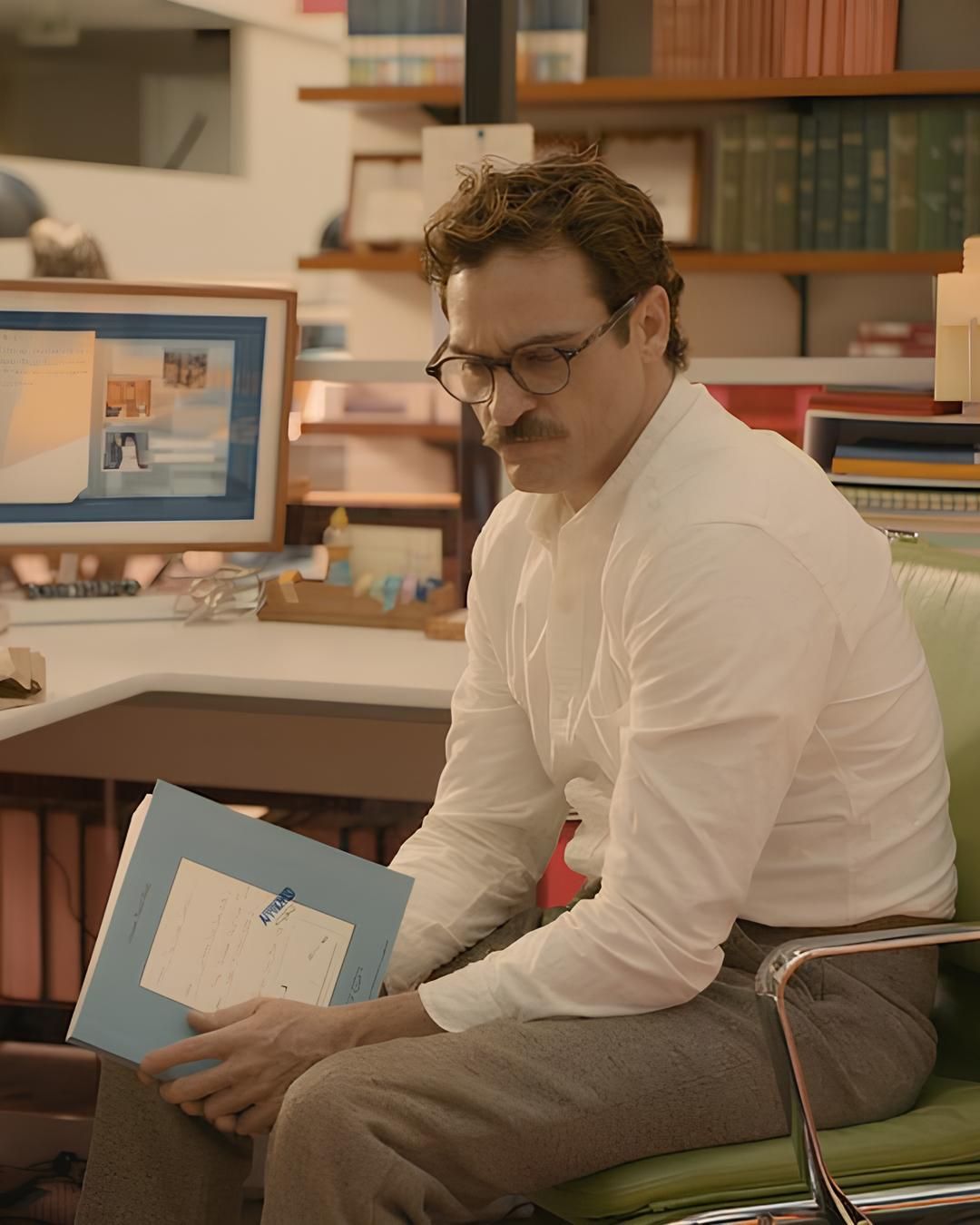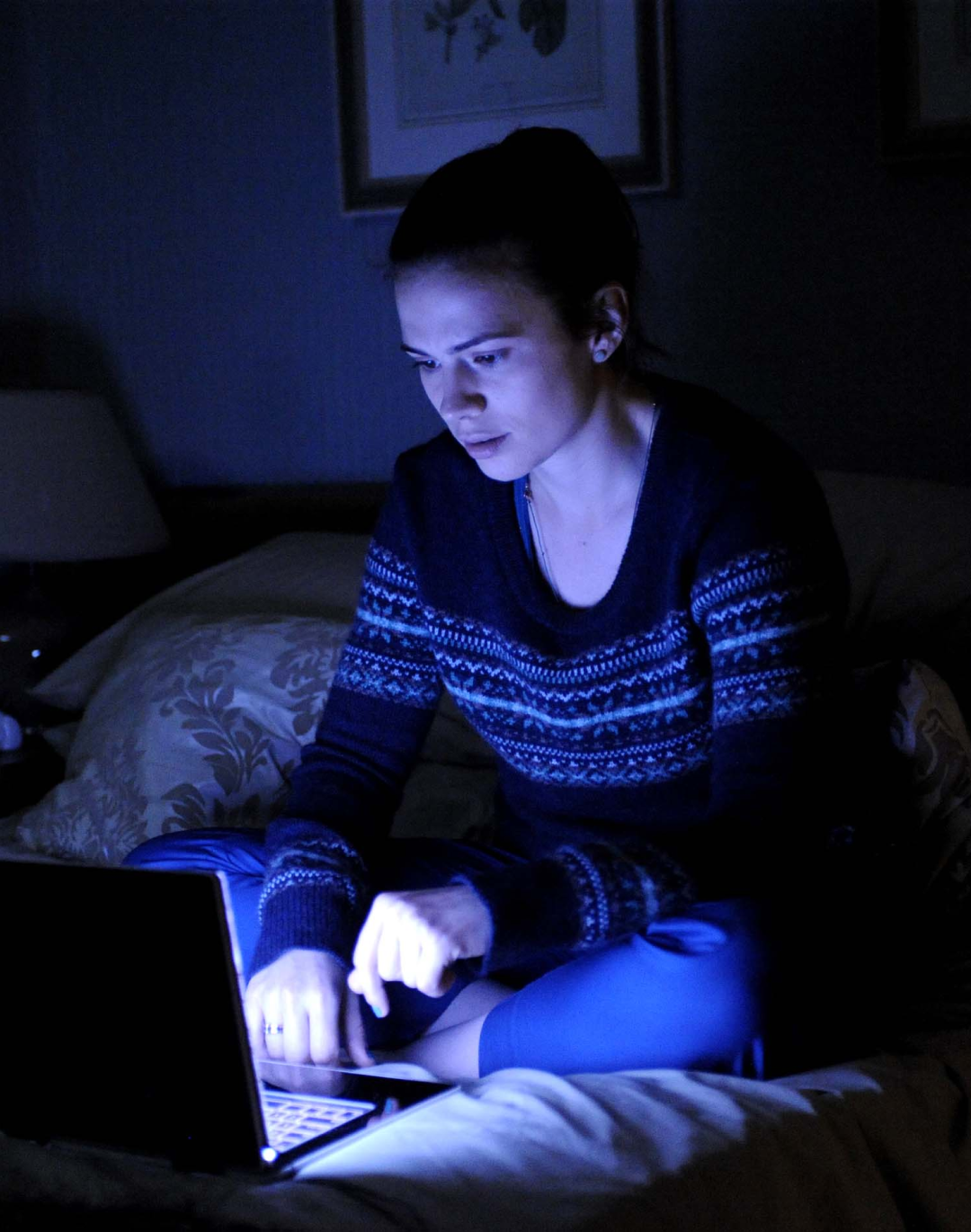
How could the coronavirus affect our mental health post quarantine? Tips from an expert on what to expect and be aware of during and after the quarantine
The after effects of the current global pandemic could range from minimal to catastrophic. As of late, the majority of the emphasis in the media is being placed on the possibilities of a financial crisis which is of course of utmost importance but what many seem to be forgetting are the plausible possibilities of the coronavirus pandemic subsequently leading to a mental illness pandemic.
For the last few weeks or months, without much prior notice, we were tasked to stay at home in aid of preventing the spread of the virus. This experience has indeed been unique and varies for everyone depending on living circumstances and mental health history, but as a people in the modern world we’ve all been subject to a similar collective experience — being torn away suddenly from the regular routines of everyday life, locking ourselves away from all or most physical contact as we watch hundreds and thousands of people die each day, while hoping for a breakthrough .
Needless to say, our society has undergone, and is still undergoing a traumatic experience and the possibilities of their being some repercussions on our mental health is quite likely. Research shows that following the SARS epidemic in 2003 there was a 30% increase in suicide in over 65 adults and in 2008 following the recession in Europe alone there was at least a 5-10% increase in the suicide rate. These numbers are not to scare us, as suicide is usually a rare outcome to mental illness, but rather for us to remain aware of ourselves and loved ones following the crisis. For a more detailed and accurate outlook , we had a chat with Dr Marcello Florita, Author, Clinical Psychologist and psychotherapist from the SIPRe (Società Italiana di Psicoanalisi della Relazione) regarding the current state of affairs and measures we can possibly take .
It's often said that months in isolation causes psychological deterioration, of course we’re not in prison and have access to much more, but is it possible that there could be long term psychological defects caused by the quarantine even months after?
It is very likely that we will pay for the effects of the quarantine later. First of all, it must be said that, especially for what it concerns how the situation was managed in Italy, the media placed great emphasis on the quarantine as a weapon to fight the virus, equipped with daily war-like bulletins, with the number of infected, hospitalized and dead from Covid-19. A lot of emphasis was placed on the need to be united, to isolate ourselves, in order to fight the virus.
This promoted a widespread feeling of being at war and, as it often happens, the most difficult part of this process is post-war. It is well-known that during a war, our human instinct leads us to channel all our physical and psychological energies in order to survive, but later, in the elaboration moment, the "post-traumatic stress disorders" can occur. Indeed, it is probable that the psychological distress will occur after the state of emergency, that is the moment of elaboration of the experience and the part of giving a meaning to what happened.
How can we handle or avoid these?
It is not easy to think of a general act of prevention, because the individual response is unpredictable and unique. In other words, all of us will take this experience in our hands in a different and personal way, sometimes showing unexpected resources, and sometimes finding ourselves suddenly wrapped up in a processing effort: in extreme events, we discover unknown parts of ourselves.
Definitely the acts of sharing, of listening to each other and simply not starting to live our lives again as if nothing had happened, are good safeguards. This is not just to implement prevention in the strict sense (because in some cases it is not even possible to avoid suffering), but to learn to identify the red flags before they become serious. We shouldn’t dive right back into our old lives; we shouldn’t act as if nothing had happened and we should give ourselves spaces for reflection and sharing. We will need to create moments to talk about what we have experienced, to express our fears, and what they are generating in us, to describe what we no longer find in ourselves and what we are discovering about us that is new. Psychotherapy can be a good method for creating these spaces.
A mechanism that many have been using is looking towards the future and remembering that we might be out soon, but in your opinion , how can one remain calm when the future is so unsure ? Do you have any tips?
Our society and also ourselves have always felt that we could predict and control everything. Before Covid-19, we got angry when the weather forecast was wrong, we did not accept a day late delivery of a package, and we did things like check the traffic on maps to choose the roads that would take us home. Covid-19 has thrown uncertainty towards us. An ill-concealed omnipotence had invested our minds and our sciences.
As I wrote in one of my books, "uncertainty is an intolerable virus for humans", and perhaps this is also very frightening: this is seen as the real virus that we are in need to fight. We must get back in touch with the inherent fragility of human nature, with the unpredictability of nature and existence itself. A quote from my other book “L’intreccio: neuroscienze, clinica del sistemi dinamici complessi” says living systems (viruses, animals, humans, ecosystems, etc.), are complex systems, they are open to change and they are not linear which means that it is not possible to predict the trajectory they will take. Getting back in touch with our fragility, with our impotence means considering uncertainty not as a virus to fight, but as a resource from which to start.
How can one know if and when it's time to seek help from a professional?
There is no rule, the important thing is to be motivated and get involved. As a general rule, when the sufferance impacts on your existence (you can no longer get close to other people, you have trouble sleeping, you can no longer leave your bed or house, you are looking for substances to go on, etc ..) in these cases this may be a sign to get involved in a psychotherapy. Limiting one's life is an important criterion also for diagnostic manuals. Often people arrive at this stage, when the fire has already started to ask for it to be put out. In reality, it would be better to be able to listen to ourselves and get there a little before the fire breaks out.
After everything is over, and the reality of the financial damage and deaths that have occurred sets in, are there any tips you could give on handling that trauma?
There are no specific suggestions. The only certain thing is that Covid-19 will act as a watershed in our lives and we will have to get used to living with uncertainty and fragility, even if we don't like it. As I said before, the economic, corporate, political and subjective impact is not foreseeable. Our reactions aren’t predictable either.
We have grown up in a society that often promotes individualism, omnipotence, and now the virus is emphasizing the importance and value of acting "together". Only if we team up can we protect ourselves. Our skin is the most personal border between us and others, but it is also the means of contact and intimacy. Now with the virus, the fragility of our skin has been highlighted, it is the medium of infection protected with gloves and masks, and it is no longer a personal instrument of protection, ostentation or self-celebration.
If we want the skin and ourselves as beings to return to some sort of normalcy, we must consider further implementing acts of togetherness in our daily lives. Perhaps this is the real challenge, rethinking ourselves outside our individualistic paradigm, and thinking that we can only build a new normal together.
In summary, the toll that the virus is taking and will continue to take on our individual and collective mental health is inevitable. It is not a matter of if it will happen but more so becoming aware of how it has affected you as an individual and learning ways in which to handle it effectively or seek out help to do so. Each person’s case will vary as some are more susceptible than others, which is why it is important that as families, employers and friends that we look out for each other and keep in mind that we all may have different ways of processing this experience.
In the case, you’re feeling hopeless and desperate need of psychological help here are a few Italian numbers below to call:
COVID-19, Pronto PSY - +393781898986 / sipemsoslombardia@gmail.com - send an email or a WhatsApp message requesting a phone call and they’ll get back to you within 48 hours.
Agape dell'Aquila free Psychological Support Service
Dr Chiara Gioia - 3317192396
Dr Michelina Giannone - 477906624
Samaritans- ONLUS
250 00184
Also , if you are a pregnant couple in need of assistance , take advantage of the SIPRe's latest initiative Area Perinatale or email corso.psicologiaperinatale@gmail.com


















































